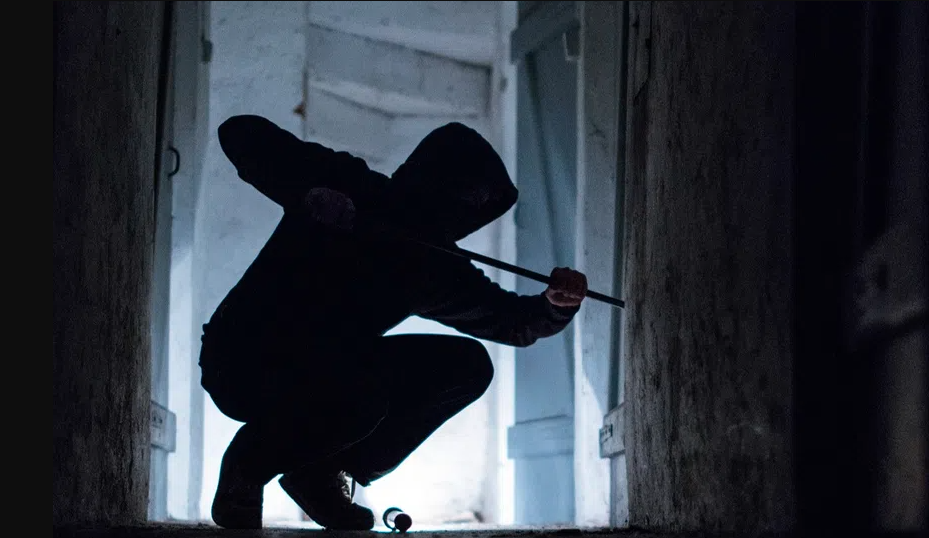Rising crime in Switzerland: expert insights & solutions

Serious violent offences and thefts in particular have reached new highs in Switzerland. Last year also saw a significant rise in digital crime, with an increase of over 30%. Criminologist Dirk Baier analyses the situation in an interview with Swiss public television, SRF.
SRF: In 2023, there were 14% more crimes than in the previous year. Is our society becoming more violent?
Dirk Baier: Yes, society is getting rougher. If you look back over the last ten years, serious violent offences have actually increased by around one third. This includes grievous bodily harm, homicide and rape.
SRF: What do you think could be contributing factors for this increase in serious acts of violence?
D.B.: It cannot be denied that society is becoming more aggressive, especially among young people. We have seen this in recent years, that among youth in particular, acts of violence have increased. To a certain extent, this has to do with the role models they see in the media.
The coronavirus pandemic has also left its mark on the younger generation. Certain skills were not able to be appropriately developed, empathy, for example. We are talking about a small group, but we must take a close look at why these individuals are prepared to commit serious, violent offences.
SRF: The number of thefts has also increased massively. Why is that?
D.B.: Switzerland is an attractive destination for crime tourism. People come here from abroad especially for this purpose. There is wealth here and a more inattentive population who, for example, sometimes don’t lock their cars or leave their front doors unlocked.
There needs to be more awareness that individuals can do something to prevent themselves from becoming a victim. Switzerland is a safe country and sometimes the people in Switzerland don’t think enough about the risks and they open themselves up to offences.
SRF: The proportion of offences committed by asylum seekers has risen by over 50% compared to the previous year. Many criminals come from Algeria, Romania and Morocco. How do you explain this?
D.B.: That’s one of the biggest increases we’re seeing right now. In 2022, around 4,000 asylum seekers were registered as suspects, now there are around 6,000. Something seems to have changed.
Certain offences are easy to carry out, such as these so-called thefts by stealth. In other words, opening a vehicle door and taking something out. Individual offenders can commit these offences on a massive scale.
SRF: What do politicians and the authorities need to do to get this problem under control?
DB: If society decides to take a closer look at this problem, it will be able to get a grip on it. And at the moment, there is a discovery of the issue: police are carrying out more controls and the population has been made aware of the problem. I think we will be talking less about it in 2024.

In compliance with the JTI standards
More: SWI swissinfo.ch certified by the Journalism Trust Initiative
You can find an overview of ongoing debates with our journalists here. Please join us!
If you want to start a conversation about a topic raised in this article or want to report factual errors, email us at english@swissinfo.ch.